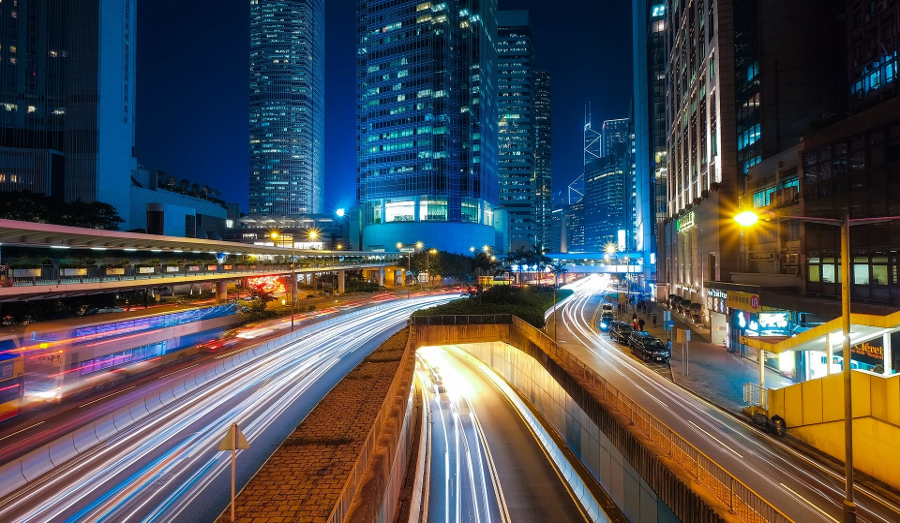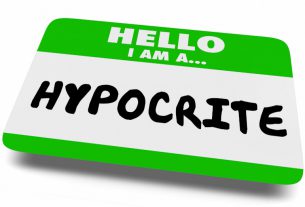Hong Kong was long the jewel of the Orient, a Western-governed haven that featured access to the East with the security that came from rule of law and British legal traditions. It’s no wonder that Hong Kong became a financial powerhouse in Asia, giving rise to major banks such as HSBC.
When China took over Hong Kong in 1997 there were fears that the Communist regime would impose its rules on the territory. That’s why the British got the Chinese government to promise not to interfere with Hong Kong’s unique style of governance, known as the “one country, two systems” policy. Of course, China has begun to infringe on that policy, which is why activists in Hong Kong have been so vociferous in their protests.
As a result of the months of protests, Hong Kong’s economy has seen major disruption, with the economy falling into recession and many Hong Kong businesses and residents seeking to move their money out of the territory. And with the potential for a Chinese military intervention in the territory, the potential for a worsening recession increases.
What is happening in Hong Kong is that China is running the real risk of killing the goose that lays the golden eggs. Its desire to crack down on Hong Kong activists is destroying one of East Asia’s major financial hubs, and it’s a complete own goal. If China were just to respect one country, two systems, none of this ever would have happened.
If the situation in Hong Kong continues to deteriorate, and if residents no longer trust that their freedoms and their assets are secure, the effects on the world economy could be significant too. With trillions of dollars held in Hong Kong’s banking sector and trillions of dollars of assets being managed by financial institutions, massive capital outflows from Hong Kong could impact the world financial system severely. They could take down the entire Hong Kong economy, which would undoubtedly spread financial contagion throughout Asia and the rest of the world.
This article was originally posted on Red Tea News.





